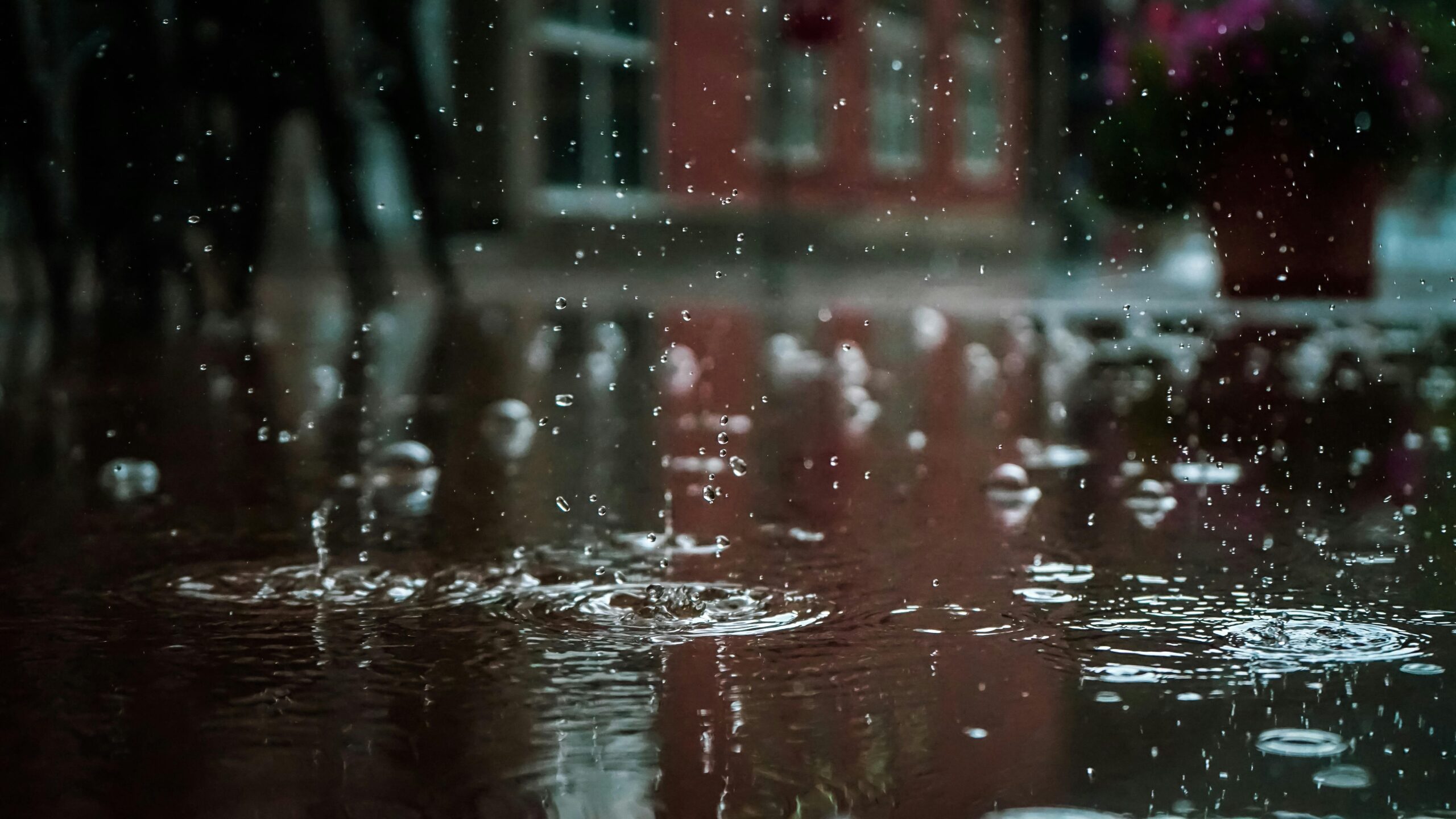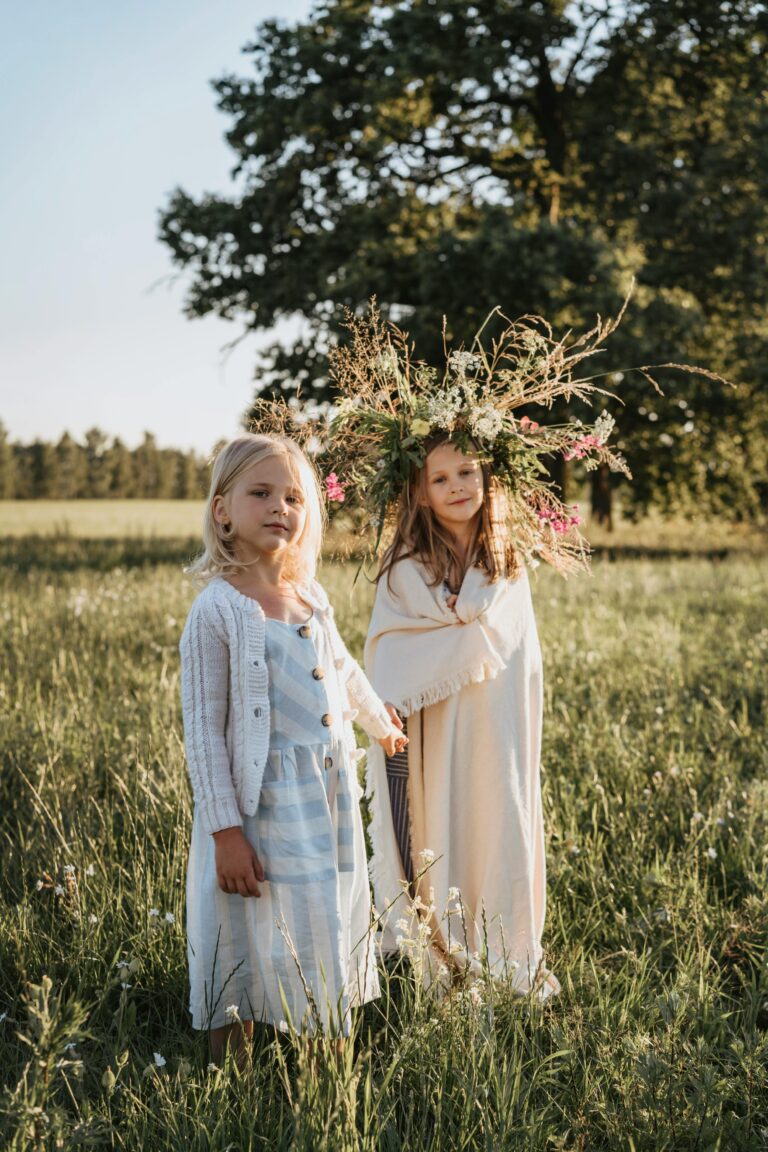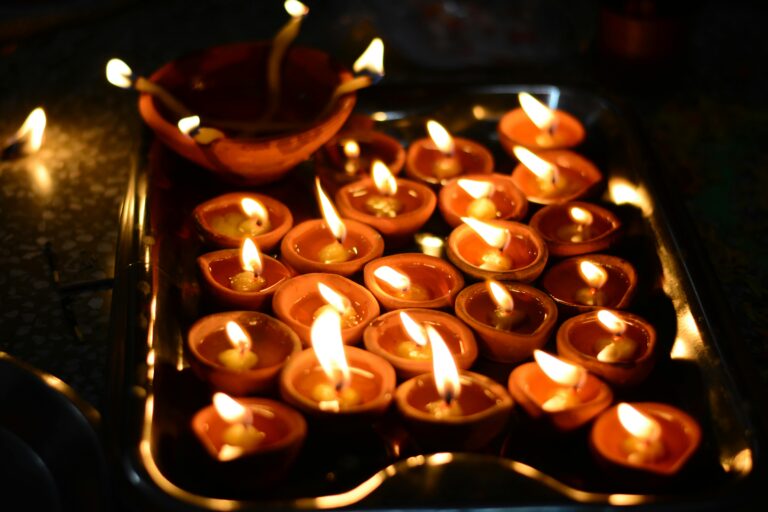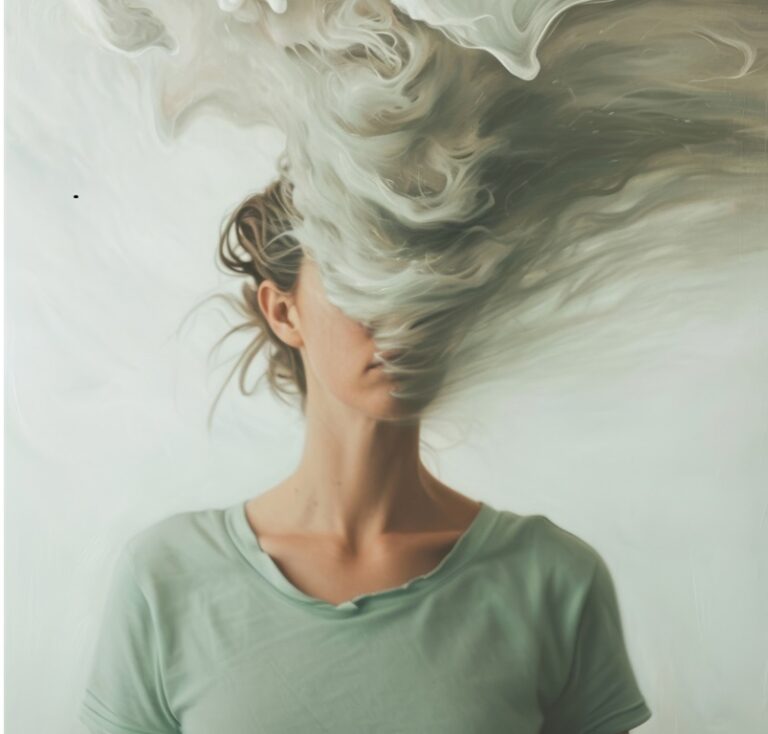Hues of Monsoon
The first drop was almost a whisper, a tentative kiss on the parched earth. Then another and another till the grey dark clouds growled and started to pour ferociously. Mili gazed from her window, trailing her fingers along the misty lines covering the glass pane. Monsoon was one of her favourite seasons. As a child she eagerly waited to bunk school on a rainy day; laze on the bed till late in the morning and then go out in the park along with her friends to get drenched under the heavy downpour.
Suddenly, her doorbell rang. Startled, she wondered who it was. She had taken work from home option. Although she could not wake up late as she had to log in at the usual time, yet work from home gave her mental flexibility. She saved time on dressing and travelling. As she opened the door, she saw Rani’s smiling face. Rani was folding her wet umbrella, and in a hurried tone said, “Didi, I got late because of the rains. The road in front of my house was flooded with dirty water. Since it rained heavily, the drainage got clogged and the road is fully of dirt and muck.” Saying this she entered the house and headed straight to the kitchen to clean the utensils.
“Make two cups of tea, one for yourself and another for me before you start to work,” Mili said affectionately. Rani was a young girl, maybe a couple of years younger than Mili. She was honest and hardworking with a penchant for cleanliness. Most importantly, she was very punctual and never took an unnecessary day off. Ever since Mili came to the city to realize her dreams she hired Rani for her domestic chores.
Rani quickly brewed the tea, the aroma of ginger and cardamom filling the apartment, a comforting scent against the drumming rain outside. She placed the steaming cups on the coffee table in the living room, where Mili sat, still mesmerized by the downpour. “It’s beautiful, isn’t it, Rani?” Mili mused, gesturing towards the window where the world outside was a blur of grey and green.
Rani nodded, taking a sip of her tea. “It is, Didi. But it’s also a lot of trouble in the city. The roads, the traffic, the power cuts… in my village, rain was different.”
Mili’s eyes softened, a distant look entering them. “I know exactly what you mean, Rani. I grew up in a village too. The monsoons there… they were a whole different story.”
Her mind drifted back to her childhood in the quaint village of Rampur. The first monsoon showers were not a nuisance but a celebration. The parched earth would greedily drink the water, releasing a divine petrichor that filled the air – a scent of renewal, of life. The fields, once dry and cracked, would transform overnight into a vibrant carpet of green. Children, Mili among them, would shed their inhibitions and run out, shrieking with joy, to dance in the rain. Their mothers, instead of scolding, would often watch from their verandas, a smile playing on their lips, knowing the rain meant prosperity for their crops.
The village lanes, though turning muddy, never felt dirty. They were pathways to adventure. They would build paper boats and race them down the gushing rivulets that formed along the roadsides. The air would hum with the croaking of frogs, the chirping of crickets, and the distant rumble of thunder that sounded less like a growl and more like a lullaby. Evenings would be spent huddled indoors, listening to grandmother’s stories, while the rhythmic patter of rain on the tiled roof created a natural symphony. The power cuts were frequent, but they only added to the charm, forcing them to gather around flickering oil lamps, sharing warmth and laughter.
Monsoon in Rampur was about community. Neighbours would share freshly fried pakoras and hot tea, their doors always open. The farmers would gaze at the skies with a mix of hope and anxiety, their livelihoods dependent on the whims of the clouds. A good monsoon meant a bountiful harvest; a bad one, hardship. But even in adversity, there was a collective spirit, a shared resilience. The hues of monsoon there were not just the grey of the clouds or the green of the fields; they were the warm yellow of lamplight, the vibrant colours of children’s clothes against the muddy backdrop, the deep brown of rich earth, and the hopeful blue of the sky peeking through after a downpour.
“Here,” Mili said, pulling herself back to the present, “it’s mostly grey. The buildings become darker, the roads slick and dangerous. The rain makes you want to stay inside, isolated. It’s a beautiful spectacle from behind a glass pane, but stepping out feels like a battle against the elements.”
Rani nodded, her expression thoughtful. “Yes, Didi. In my village, we used to collect rainwater in big drums. My mother would say it was the purest water. We’d wash our hair with it, and it would feel so soft. Here, the water on the roads… it’s just dirty.” She paused, a faint smile touching her lips. “But there are good things too. The city lights look so pretty reflecting on the wet roads at night. And even though I miss my village, I have work here, and I can send money home.”
Mili looked at Rani, seeing the quiet strength in her eyes. Rani’s village, though similar to Mili’s, had its own unique monsoon stories. For Rani, the city monsoon was a necessary inconvenience, a trade-off for opportunity. She had learned to navigate the flooded streets, to protect her belongings from the damp, to find joy in the little things like a warm cup of tea and a roof over her head. She didn’t have the luxury of reminiscing about childhood games in the rain; for her, monsoon in the city meant harder commutes and the constant worry of her small dwelling getting waterlogged. Yet, she adapted, her spirit unyielding.
“It’s funny, isn’t it?” Mili mused, “how the same rain can bring such different experiences. In the village, it was life itself – nurturing, challenging, but deeply connected to our existence. Here, it’s almost an interruption, a force that disrupts our carefully planned urban lives.”
“But it still cleanses, Didi,” Rani offered softly, looking out at the rain that was now beginning to subside, leaving the city gleaming, albeit temporarily. “It washes away the dust, makes everything fresh. Even here, the trees look greener after the rain. And sometimes, when the sun comes out right after, the colours are so bright, like the city is celebrating.”
Mili smiled, a genuine, warm smile. Rani was right. Even in the concrete jungle, the monsoon held its own charm, its own unique hues. The grey skies gave way to patches of brilliant blue, the wet asphalt shimmered with reflected light, and the city, for a brief moment, seemed to exhale, refreshed. The monsoon in the city might be about resilience, about finding pockets of beauty amidst the chaos, about the quiet comfort of a warm home. In the village, it was about raw nature, community, and the cycle of life and death. Both were essential, both beautiful in their own way.
As the rain finally tapered off to a gentle drizzle, a faint rainbow arched across the sky, a vibrant promise against the receding grey. Mili took another sip of her tea, feeling a sense of peace. The monsoon, whether in the bustling city or the serene village, was a reminder of nature’s power, its ability to transform, to challenge, and ultimately, to bring a kaleidoscope of experiences, each painted in its own distinct hue.







